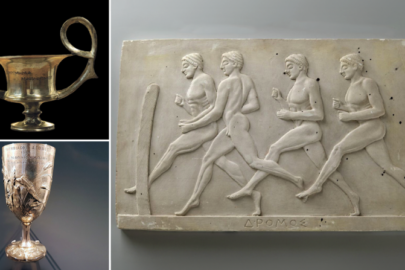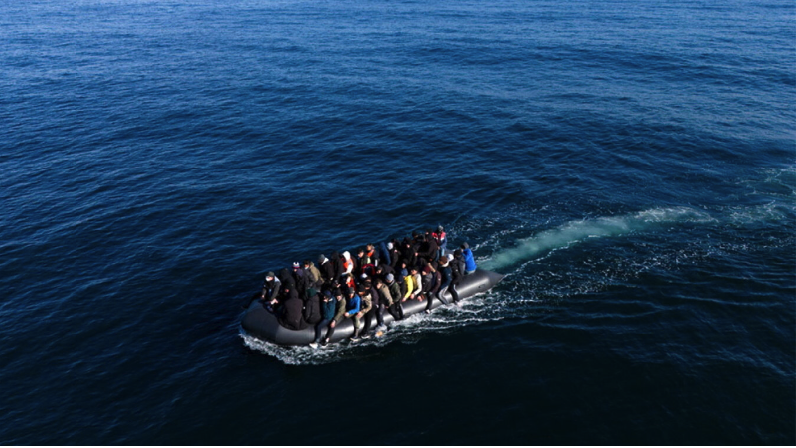The most characteristic image of Easter Sunday in Greece is that of lambs and goats being turned on outdoor spits around the country, but there’s more to it than that. Here’s all you need to know about Greek Orthodox Easter in a nutshell.
Name
Pascha (Easter) is derived from the Hebrew Pesach and means the passover across the Red Sea during the Exodus of the Jews from Egypt. It is also called Lambri and Paschalia.
Food
The open spit is called Ovelia. The roasted meat is the centerpiece of the Easter Sunday table that breaks the Lenten fast. People also eat kokoretsi (skewered intestines), splinantero (intestines stuffed with spleen), kontosouvli (small pieces of pork) and ouzo or wine to guzzle it down. Mageiritsa soup (lamb innards) is also served). Red eggs are broken in competitions to see which one is the strongest.
Red poppies
Poppies bloom to coincide with Easter and are considered to be the flowers of Easter and symbolize the blood of Christ that dripped as he was being crucified.
Church
The Divine Service of Love ends with everyone kissing each other because today is Love’s holiday.
Local customs
There are a number of local traditions celebrated from place to place:
* Isle of Lesbons: The custom of the Chalice is observed. Following the Liturgy of Love there is a procession of the icon of the Resurrection. People gather in the main square and a silver chalice is thrown to the congregation after the priest and mayor have drunk wine from it. Whoever catches the chalice gets a generous tip.
* Cyprus: Swings are made for the young people, known as Sousses. A special song is sung as the young people enjoy the swints; “My God, let Easter come so we may set up Sousses and let the narrow streets be crammed with black-eyed women.” A superstition in Cyprus concerns the breaking of the eggs that states that whoever refuses to share their eggs will break out in big pimples.
* Olympia: Whoever has an egg that doesn’t break when cracked against other people’s eggs will not be sick for the rest of the year.
* Roumeli: People don’t go to the field for three days because it s believed to bring bad luck. March thread is also put near the Easter Lamb as it is roasted as this is believed to bring good health.
* Macedonia: The egg shells are collected and taken to the vineyards to protect the crop against hail.
* Pylia: A girl visits the sheep if the breeder wants to have more ewes for the year, or a young boy if it is rams that are required.
* Crete: There is the belief that you need not fear catching cold on Easter Sunday even if you aren’t dressed warmly.
* Amorgos: The dead come out from Hell on Easter Sunday so they say: “Mouserlas Saturday had better never come” in order to ward off the evil spirits.



































